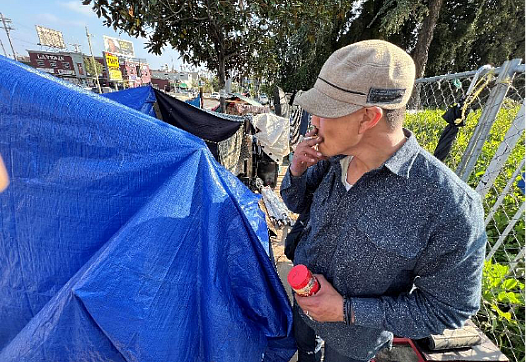
A mini-interview with Sunny, a neatly dressed Korean American who lives on the street after he lost his job.
The Center for Health Journalism has teamed with eight ethnic media organizations in California to report together on health equity, community well-being and gaps in health care in a unique collaborative learning effort.

A mini-interview with Sunny, a neatly dressed Korean American who lives on the street after he lost his job.
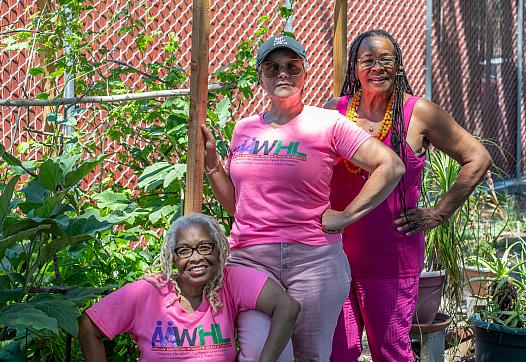
As they cultivate gardens, seniors in Sacramento find a renewed sense of purpose. Sharon Chandler is one such senior who introduces the love of gardening to residents of the Delta Cove senior apartment complex in South Sacramento. The initiative fosters social interaction, encourages healthier eating habits and induces gardeners to incorporate home-grown produce into their diets.
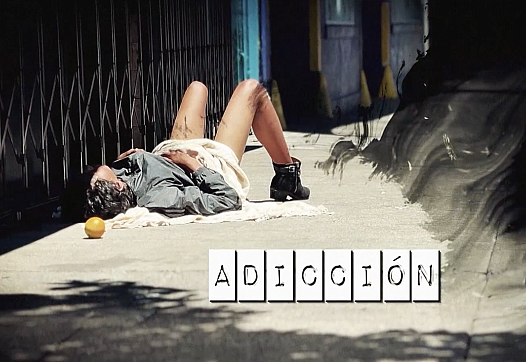
Research indicates that women tend to become dependent on substances, including fentanyl, more quickly, and take longer to seek help due to gender roles. Fentanyl use has skyrocketed in recent years, even among pregnant women. In the Tenderloin district of the San Francisco, Bay Area, reporter Dayanna Monroy talks to pregnant women who struggle with addiction.

Young adults 18 to 24 years old who are aging out of the foster care system face the risk of housing instability and homelessness. One in five foster youth become unhoused upon turning 18. Young Asians are further hampered because they are not seen as needing support. This is the story of a twenty-one year old Korean American woman who faced innumerable challenges in finding a stable home after leaving foster care.
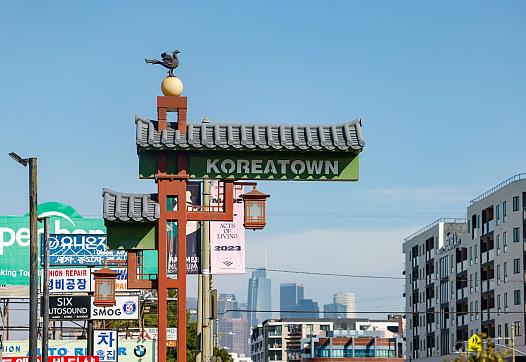
Low income seniors struggle with unaffordable rents in densely populated Koreatown, in Los Angeles. Amid the high concentration of residents, there is a severe shortage of low-income and senior apartments with long waiting lists for government-assisted public housing.
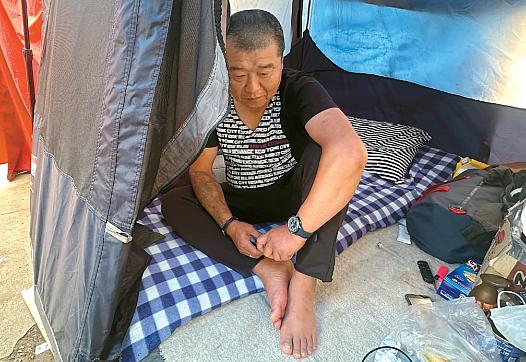
Disadvantaged by language barriers and immigration restrictions, unhoused Korean Americans are in the "blind spot" of resources and organizations. Korean American homeless shelters often do not receive government funding because they are not officially registered. As a result, they rely on donations from the Korean-American community and the support of a handful of volunteers.
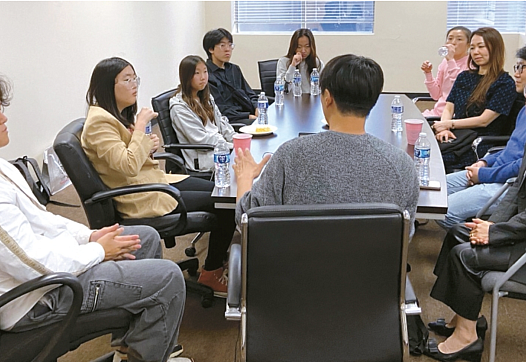
A roundtable discussion, hosted by Korea Daily, brought out generational divides between first-generation immigrant parents and second-generation youth. Contrasting values centered around academic pressure, independence and cultural expectations.
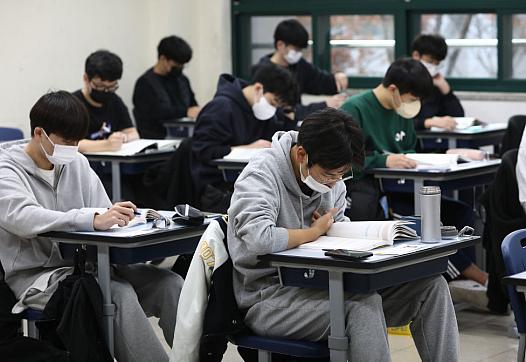
The emphasis on success adopted by Korean American parents puts undue pressure on children to excel academically, leading to increased stress, depression and strained parent-child relationships. Strict parenting styles, and expectations of academic success, rooted in traditional Korean values, often clash with the more individualistic approaches prevalent in the U.S.
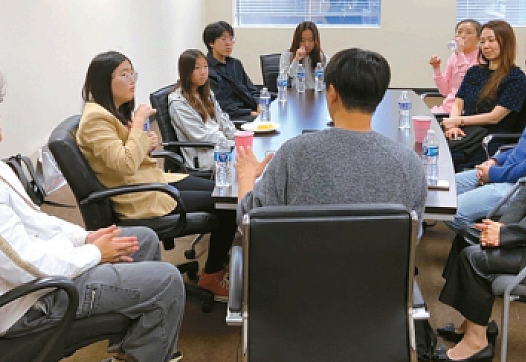
A roundtable discussion, hosted by Korea Daily, brought out generational divides between first-generation immigrant parents and second-generation youth. Contrasting values centered around academic pressure, independence and cultural expectations.
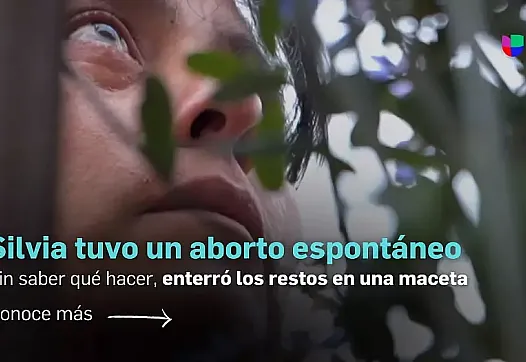
Silvia, alone and confused, buried her baby's remains in a flower pot after suffering a miscarriage, facing the lack of support from the health system in Northern California. A research project in conjunction with the USC Ethnic Media Collaborative.